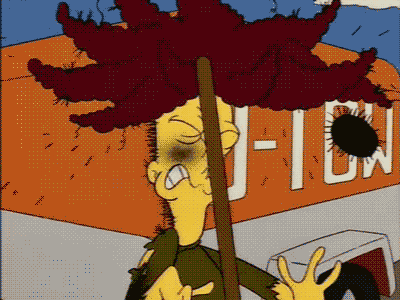Hello there everyone. A bit of context:
I’ve kinda known I’ve been genderqueer for the majority of my life. My wife and I just got married a little over a year ago after being together for 10 years (aww high school sweethearts). I’ve really only told her about my sexuality and gender stuff as shes been the only person I’ve ever been able to be myself around. She was a little weird when I told her I was bi a few years ago (consider myself pan now) but was fine with it and said she was as well. After that I started opening up about gender and that’s when everything got weird and we would stop talking about it besides a few times here and there throughout the years.
Over the weekend she brought it back up saying I could use they/them if I wanted, but she thinks “we need more guys like you” in the world. I guess if I change my pronouns and don’t identify as my agab I’ll be wasting the potential as a guy who stands for humane rights. Shit just fucking sucks.
I feel like part of it is being an interracial couple in the Midwest and she sees it as just another struggle we have to go through. She’s talked about that and I get it but it doesn’t make me feel better.
Sorry for venting, but it’s just so frustrating. Like is this normal for couples who go through this situation? I’m just really pissed hearing my wife say “I understand, but most guys sucks so you should be the example” when I don’t feel like a guy.


This sounds like an intense struggle, you’re told you should have a duty to be strong and do whatever but while recognizing the value of that whatever you don’t want that to be your problem to solve.
This is a reasonable frustration. It isn’t your responsibility to solve this.
I want to gently encourage you by pointing out standing as an example of what a man should be doesn’t require you to be a "Man"TM. As a person whose gender others will assume, in the cases they assume you to be a straight cis male, you will conflict with their expectations by choosing not to be a dick.
Perhaps I guess too much, as I feel I recognize similarities to my own life. I identify as a “man” I guess. My whole life all the way through my early adulthood, as an undiagnosed autistic person, I never felt like I was like other men. My siblings were especially direct at tormenting my lack of masculinity. Eventually I left the home and the stunted parts of myself had a chance to grow. I would notice these many parts of traditional masculinity that were disgusting and repellent. I would decide I didn’t want to associate myself with them even if that made me less of a “man”.
In recent years, there are some few remarks I value highly, where a person has told me my actions weren’t typical of a “man”.